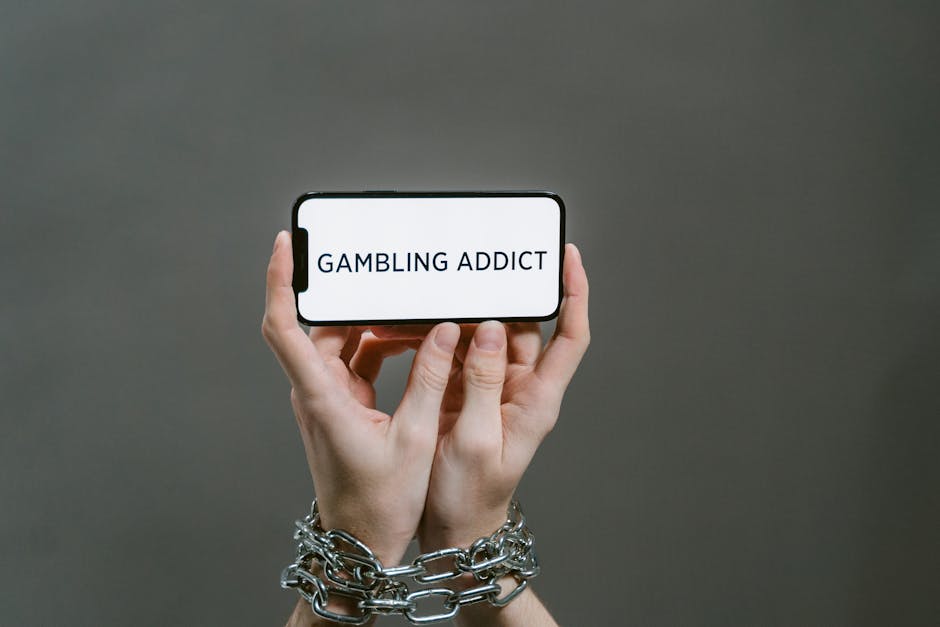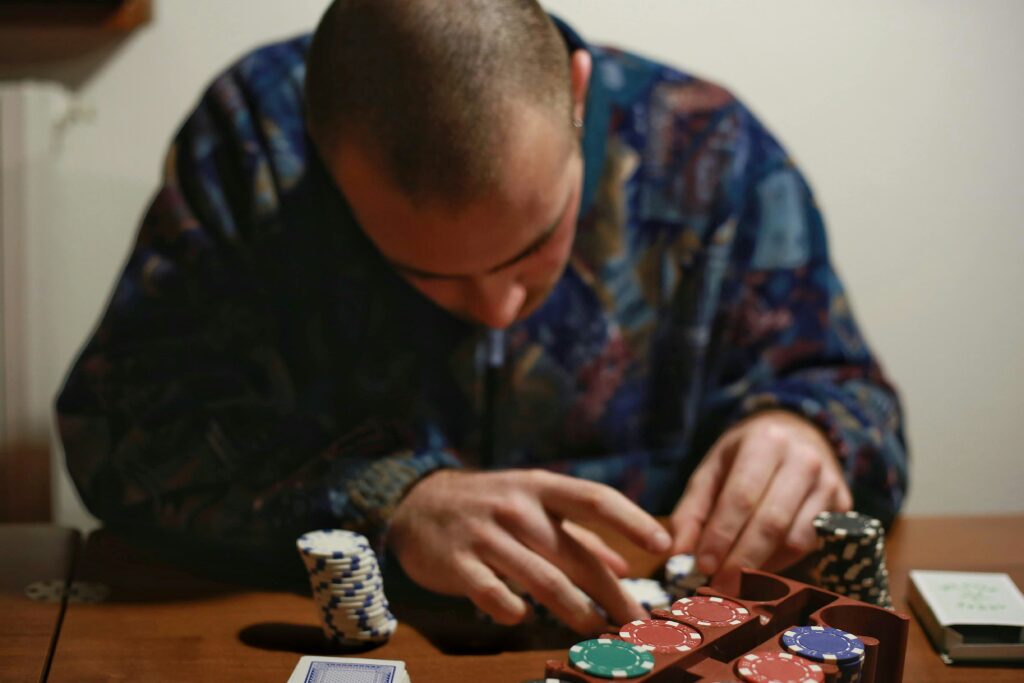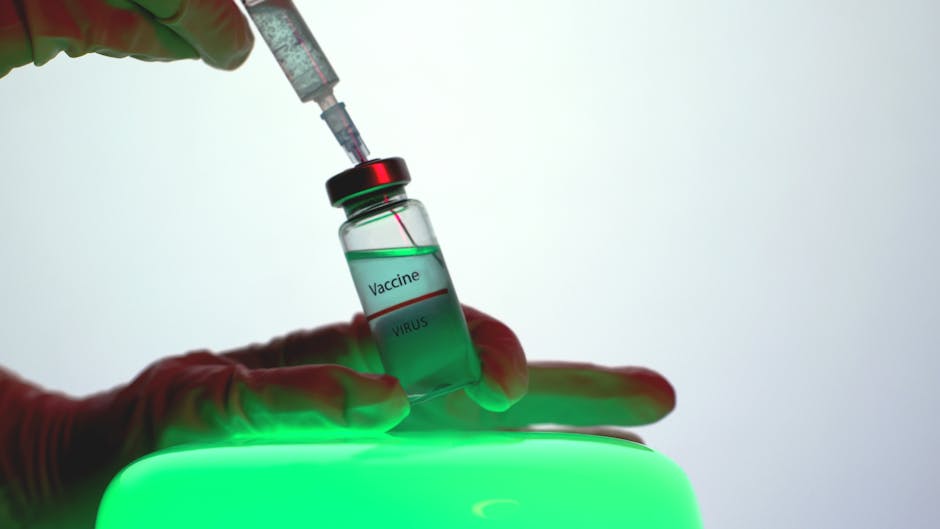Struggling with gambling addiction can be a challenging and isolating experience. In my exploration of therapeutic approaches to treating this issue, I’ve delved into the strategies and interventions that can offer hope and support to those affected. From cognitive-behavioral therapy to support groups, there are various avenues available to help individuals regain control over their lives.
As I uncover the latest research and insights in the field of gambling addiction treatment, I aim to shed light on the effectiveness of different therapeutic approaches. By sharing this knowledge, I hope to provide valuable information to those seeking help and to contribute to the ongoing conversation about addressing this pervasive issue. Join me on this journey as we navigate the complexities of treating gambling addiction and explore the pathways to recovery.
Understanding Gambling Addiction
Gambling addiction, also known as compulsive gambling or problem gambling, is a complex behavioral disorder that can have devastating consequences on individuals and their loved ones. It often stems from a combination of biological, psychological, and environmental factors that compel individuals to engage in excessive gambling despite negative outcomes.
The Psychology Behind Gambling
In understanding gambling addiction, it’s crucial to delve into the psychology behind why individuals develop problematic gambling behaviors. Many people are drawn to gambling due to the thrill of risk-taking, the excitement of winning, and the escape it provides from stress or negative emotions. However, for individuals susceptible to addiction, these factors can lead to a cycle of compulsive gambling where the need to gamble becomes overwhelming.
Recognizing the Signs of Addiction
Recognizing the signs of gambling addiction is essential in facilitating early intervention and treatment. Some common indicators include preoccupation with gambling, unsuccessful attempts to stop or cut down gambling, lying about gambling activities, and experiencing withdrawal symptoms when not gambling. Additionally, individuals with a gambling addiction may resort to borrowing money, selling possessions, or engaging in illegal activities to fund their gambling habit.
Therapeutic Approaches to Treating Gambling Addiction
As someone who has explored the complexities of gambling addiction, it’s crucial to delve into effective therapeutic approaches that can aid in overcoming this condition. Here, I’ll discuss key methods used in treating gambling addiction, shedding light on evidence-based interventions that offer hope for recovery.
Cognitive Behavioral Therapy (CBT)
In my experience, Cognitive Behavioral Therapy (CBT) stands out as a cornerstone in treating gambling addiction. It focuses on identifying and reshaping negative thought patterns and behaviors associated with gambling. By working to change these destructive patterns, individuals can develop healthier coping mechanisms and reduce the urge to gamble impulsively.
Medication-Assisted Treatment
When it comes to tackling the physiological aspects of gambling addiction, medication-assisted treatment has shown promise. Medications can help manage underlying mental health conditions that contribute to addictive behaviors, such as depression or anxiety. By addressing these co-occurring disorders, individuals may find it easier to break free from compulsive gambling habits.
Group Therapy and Peer Support
Group therapy and peer support play a vital role in the journey to recovery from gambling addiction. Sharing experiences and receiving encouragement from peers facing similar challenges can foster a sense of community and understanding. This collective support can provide comfort, accountability, and motivation to stay committed to treatment goals.
By incorporating these therapeutic approaches into a comprehensive treatment plan, individuals struggling with gambling addiction can access the support and resources needed to embark on a path towards lasting recovery.
The Role of Family and Social Support

- Engaging Family in Therapy
Involving family members in therapy sessions can significantly enhance the effectiveness of treating gambling addiction. Family support plays a crucial role in the recovery process by providing a stable environment and understanding the challenges faced by the individual. It’s important to educate family members about addiction dynamics, enabling them to offer the necessary emotional support and encouragement. By participating in therapy sessions, family members can learn how to effectively communicate with their loved one and contribute to their successful recovery journey.
- Building a Strong Support Network
Establishing a robust support network is essential for individuals combating gambling addiction. Surrounding oneself with understanding and empathetic individuals can create a sense of belonging and decrease feelings of isolation. Joining support groups tailored to gambling addiction offers a platform for individuals to share experiences, gain insights, and receive encouragement from peers facing similar challenges. Additionally, maintaining connections with supportive friends, mentors, or counselors reinforces the individual’s commitment to recovery and provides guidance during difficult times. By cultivating a strong support network, individuals can navigate the recovery process with confidence and resilience.
Evaluating Treatment Efficacy
When assessing the effectiveness of treatment options for gambling addiction, it’s essential to consider the success rates of different therapies and the significance of personalized treatment plans tailored to individual needs.
Success Rates of Different Therapies
In evaluating the efficiency of therapeutic approaches, various treatments have shown promising outcomes in addressing gambling addiction. For instance, Cognitive Behavioral Therapy (CBT) has demonstrated a success rate of around 50-75% in helping individuals modify their thoughts and behaviors towards gambling. Medication-assisted treatment, particularly for co-occurring mental health conditions like depression or anxiety, has also exhibited positive results in supporting recovery efforts. Additionally, group therapy and peer support programs have shown success rates ranging from 60-70% by providing a sense of community and understanding among individuals battling addiction.
The Importance of Personalized Treatment Plans
Personalized treatment plans play a pivotal role in the effectiveness of combating gambling addiction. By tailoring interventions to meet the specific needs and circumstances of each individual, treatment outcomes can be optimized. Factors such as the severity of addiction, co-occurring mental health issues, personal motivations, and environmental triggers are crucial considerations in developing a personalized treatment plan. This approach ensures that interventions are targeted and impactful, addressing the root causes of addiction and enhancing long-term recovery success.




